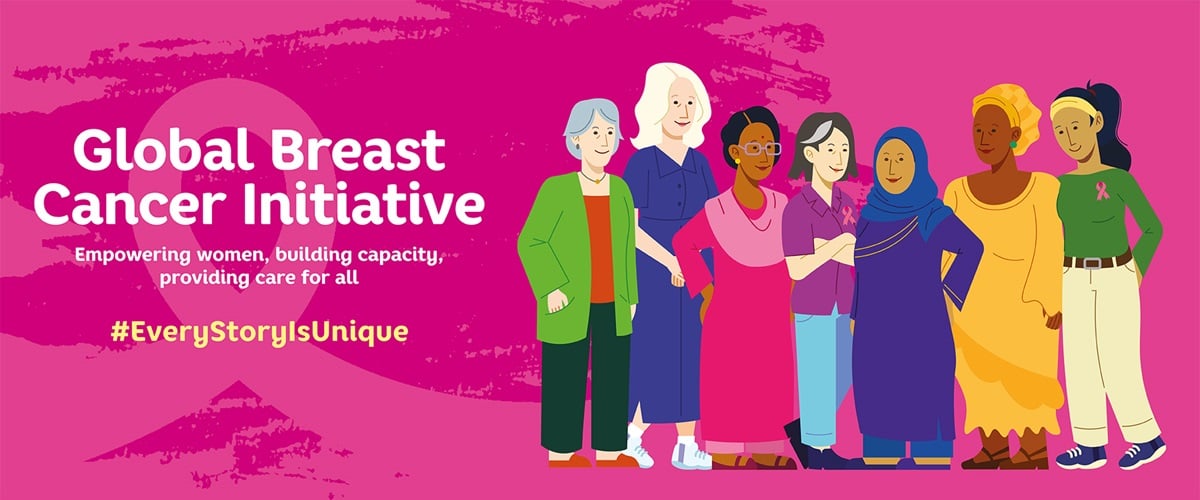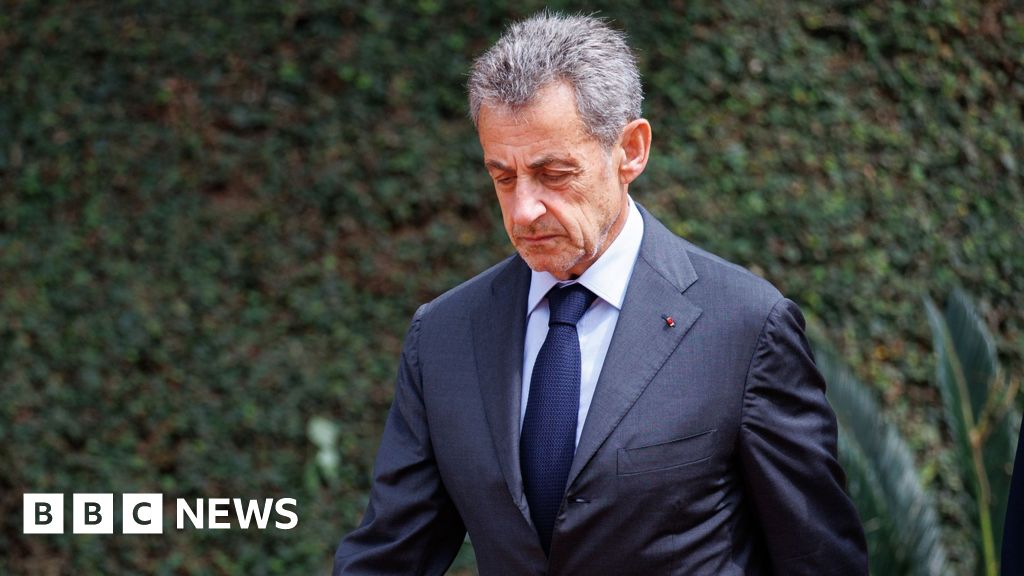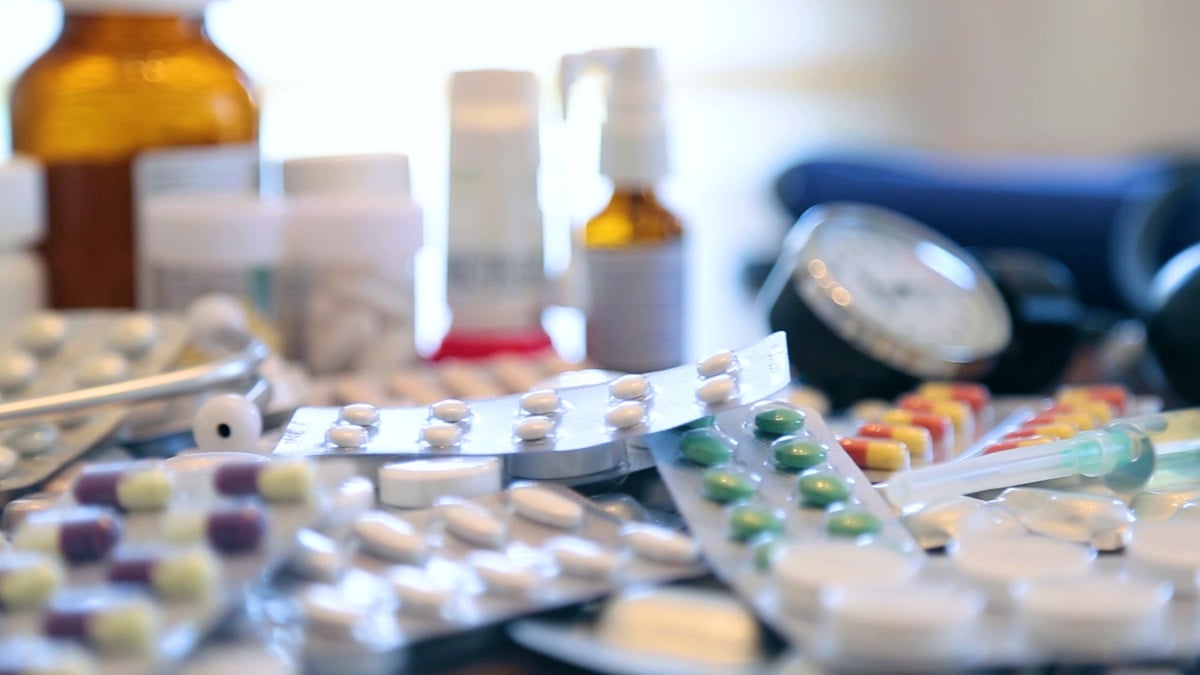Breast Cancer Awareness Month 2025: A Global Call to Action
#breast_cancer #awareness #global_health #early_detection #who

Breast Cancer Awareness Month 2025: A Global Call
October marks Breast Cancer Awareness Month 2025, led by the World Health Organization (WHO), emphasizing the theme "Every Story is Unique, Every Journey Matters." This month aims to honor millions affected by breast cancer while promoting equitable access to care worldwide. It serves as a reminder of the importance of early detection, timely diagnosis, and comprehensive treatment to improve survival rates.
Global Commitment and Initiatives
The WHO's Global Breast Cancer Initiative focuses on reducing mortality by fostering health promotion, supporting patient-centered care, and addressing disparities in access. Stakeholders including healthcare providers, ministries of health, and civil society collaborate to share knowledge and strengthen partnerships. Special attention is given to emotional and psychological support alongside medical care, recognizing the diverse journeys of those impacted.
Empowering Through Awareness and Support
Breast Cancer Awareness Month encourages communities worldwide to engage in advocacy and education, helping individuals understand risk factors and symptoms. By sharing personal stories and supporting ongoing research, the campaign builds solidarity and hope, ensuring no one faces breast cancer alone in 2025.
About the Organizations Mentioned
World Health Organization
The World Health Organization (WHO) is a specialized agency of the United Nations, established in 1948, with a mandate to promote global health, coordinate international responses to public health threats, and set standards for health policies and interventions[2]. Headquartered in Geneva, Switzerland, WHO operates in over 150 countries, working with governments, NGOs, and other partners to advance health equity, strengthen health systems, and respond to health emergencies. ## What WHO Does WHO’s core activities include monitoring global health trends, setting international health standards, providing technical assistance to countries, and serving as a forum for scientific and policy discussions on health issues[2]. The organization publishes influential reports such as the annual **World Health Statistics**, which tracks progress toward Sustainable Development Goals (SDGs) and provides a global “health report card”[1][8]. WHO also maintains the Model List of Essential Medicines, guiding countries on which drugs are most critical for public health[7]. In addition, WHO leads global campaigns on issues ranging from infectious disease eradication to noncommunicable diseases (NCDs), maternal and child health, and health emergencies[2][6]. ## History and Key Achievements WHO’s history is marked by landmark achievements, including the eradication of smallpox, near-eradication of polio, and the development of an Ebola vaccine[2]. The organization played a pivotal role in responding to the COVID-19 pandemic, coordinating global research, vaccine distribution, and public health guidance. In May 2025, WHO member states adopted the world’s first **Pandemic Agreement**, a historic step to improve international coordination and equity in future health crises[4]. WHO also spearheads initiatives like the Triple Billion Targets (healthier lives, universal health coverage, and protection from health emergencies) and technical policy packages targeting tobacco, alcohol, salt, and trans fat reduction[1][2]. ## Current Status and Notable Aspects WHO is currently implementing its **Fou








:max_bytes(150000):strip_icc():focal(749x0:751x2)/costa-fantis5-72225-14145037a680423b979532e3403c7a0c.jpg)







